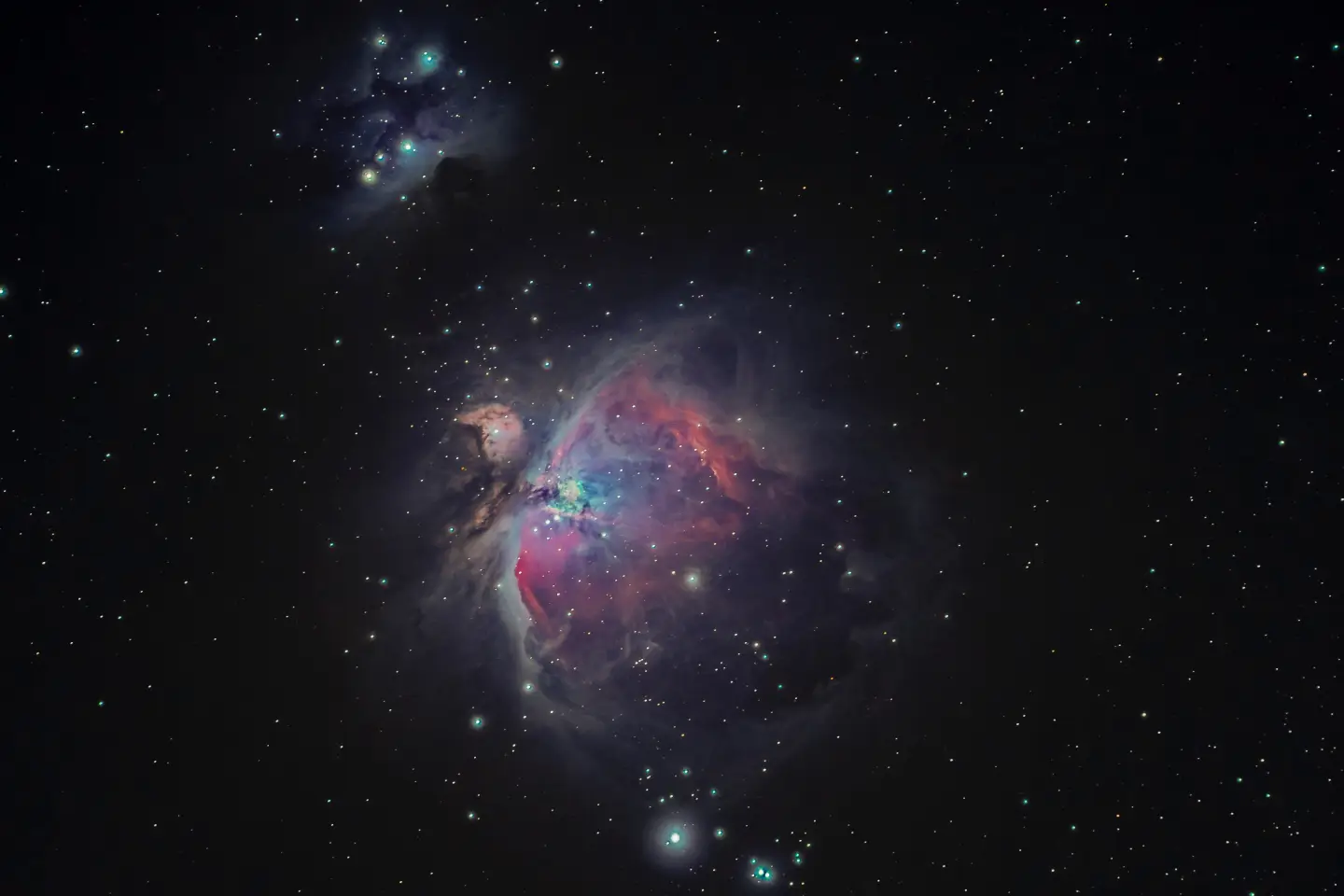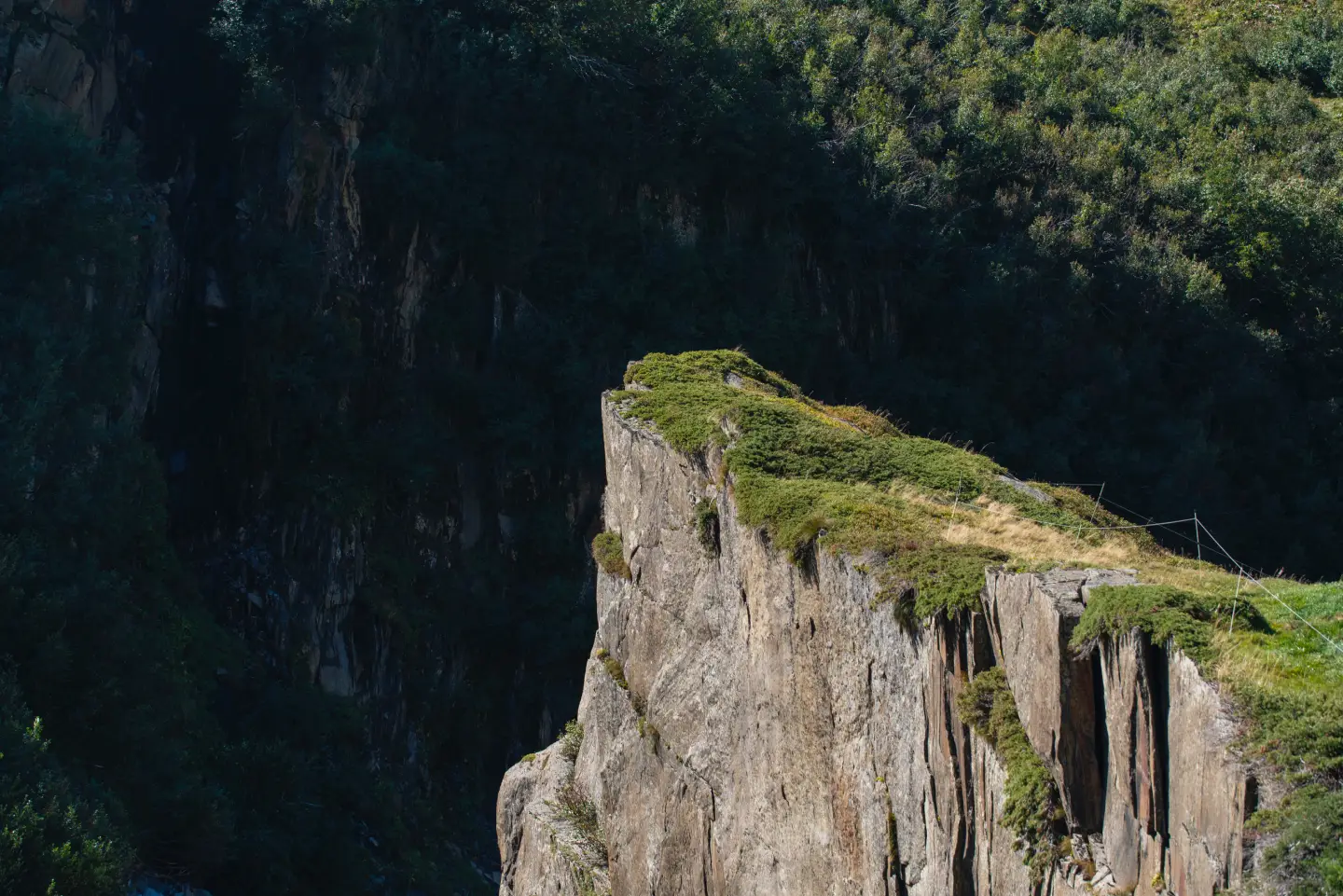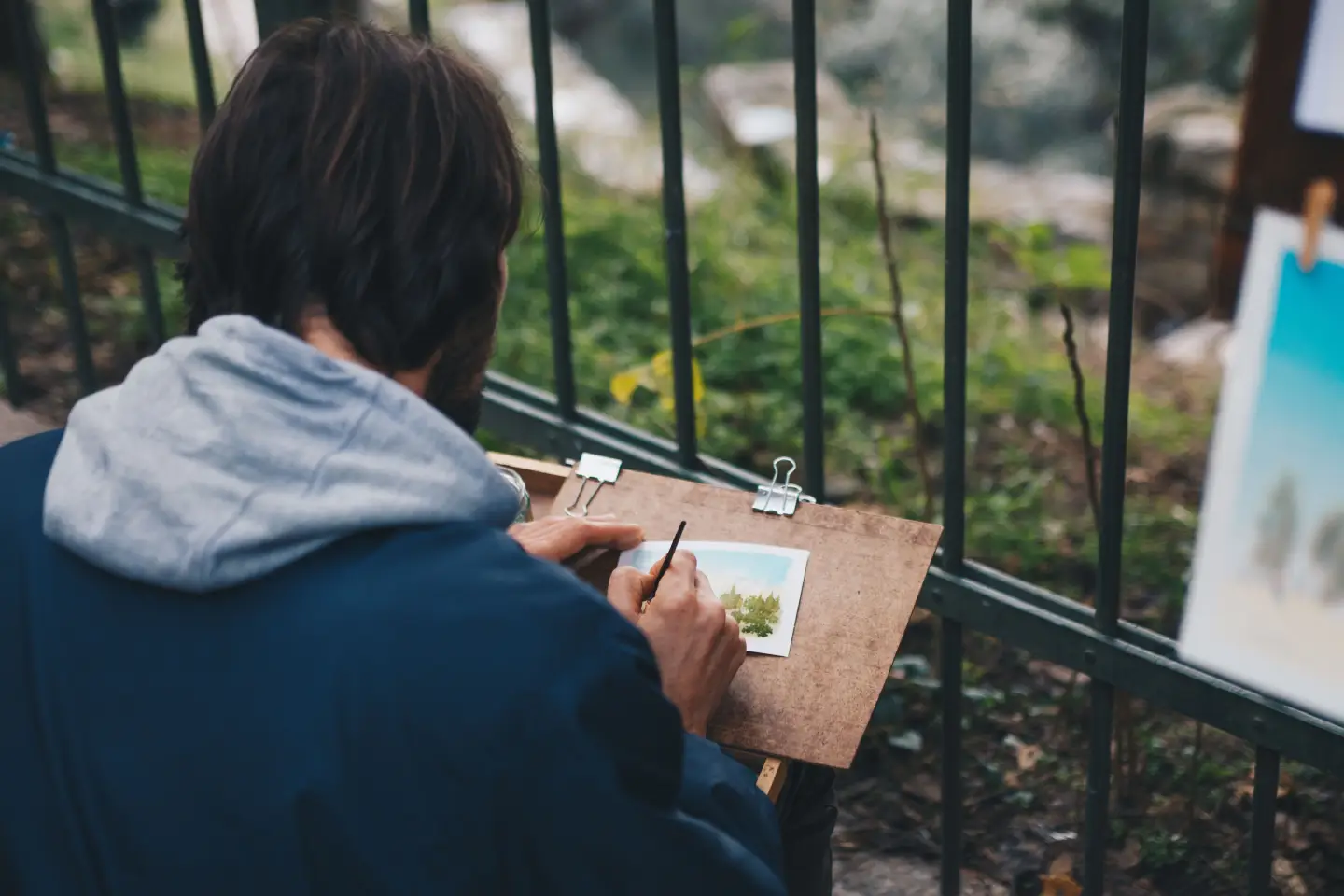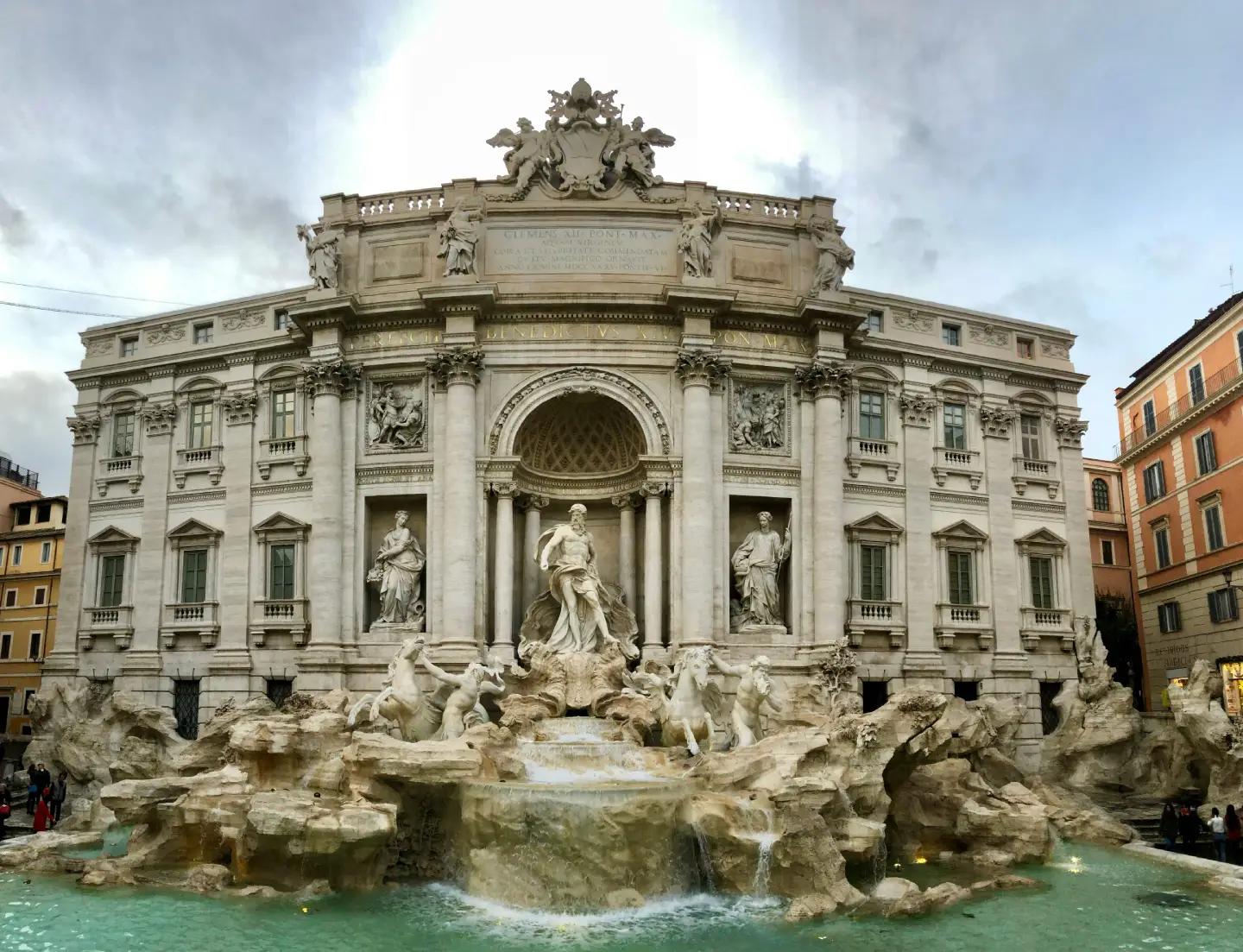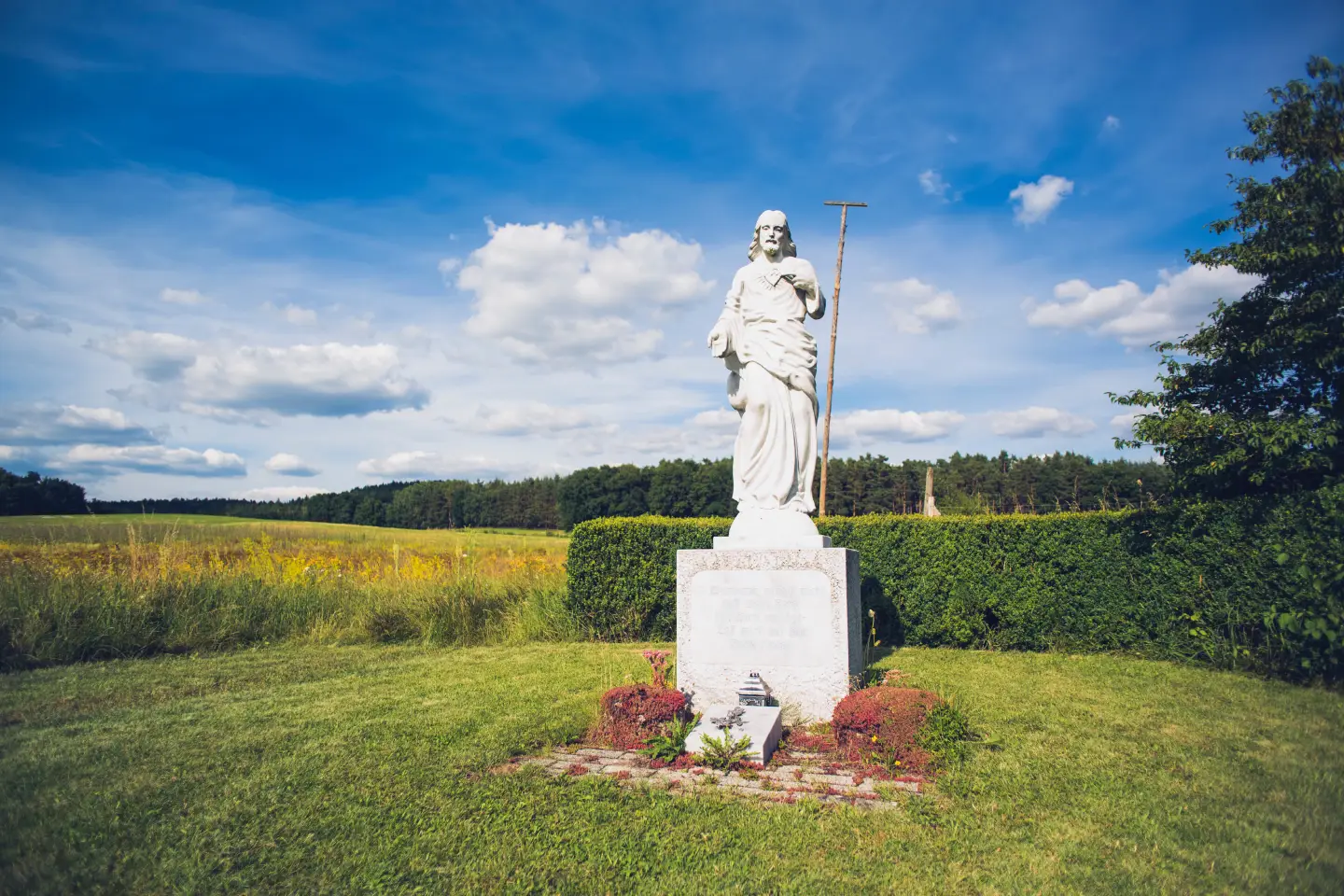
03 Jan The Ever-Evolving Canvas of Human Creation in 2024
The Uncharted Realms of Creation and Perception
Luminaries of Literary Cosmos: Pessoa and Whitman
In the vast expanse of literary cosmos, two luminaries shine with unparalleled brilliance: Fernando Pessoa and Walt Whitman. Their beautiful tapestries, woven with strands of introspection and wonder, invite us on the expedition of self-discovery and cosmic reflection. Through their verses, we are reminded of a profound truth – the innate human yearning to create, to mold perceptions, and to cast the universe in a light hitherto unseen.
The Chains of Creation’s Precipice
Yet, as we stand on the precipice of creation, gazing into the abyss of possibilities, we are often tethered by invisible chains. These are the chains of history, cultural legacies, and artistic conventions that have, over millennia, defined the boundaries of expression. The weight of ancestral stigmas, the echoes of bygone eras, and the shadows of past maestros loom large, often stifling the nascent sparks of originality.
Breaking Free: An Odyssey of Creativity
The challenge, then, is monumental. How does one break free from these shackles? How does one shed the accumulated layers of tradition, convention, and expectation to truly see the world anew? As if witnessing the first rays of dawn, untainted, pure, and full of promise. This is the odyssey of every creator, every poet, every dreamer – to transcend the known and venture into the realms of uncharted imagination.
The Innate Urge to Create: The Mind’s Unyielding Canvas
The Pulsating Force of Creation
At the heart of human existence lies a pulsating force, an unquenchable thirst that drives us to etch our mark upon the vast canvas of the universe. This is not merely an artistic endeavor or a whimsical pursuit; it is an intrinsic compulsion of the human psyche. We yearn to create, mold, shape, and in doing so, impose our unique perspectives on the cosmos, transforming the abstract into the tangible, the intangible into the discernible.
The Intrinsic Compulsion: Why We Create
But Why? Why does this urge to create resonate so deeply within us? Leaping into the philosophical realms, one might argue that creation is an extension of our very essence. Just as the universe constantly evolves, birthing stars and galaxies, so too does the human spirit seek to evolve, to birth ideas, emotions, and expressions.
Creation as a Bridge Between Ephemeral and Eternal
Plato, in his philosophical discourses, postulated the existence of an eternal realm of forms, perfect and unchanging. In this context, the act of creation can be seen as an endeavor to mirror these forms, to bring forth into the material world a reflection of these eternal ideals. It’s as if, through creation, we are attempting to bridge the gap between the ephemeral and the eternal, the mortal and the divine.
A Testament to Existence: Creation as Immortality
Furthermore, the act of creation serves as a testament to our existence. In a universe so vast, where our lives are but fleeting moments, creation offers a semblance of immortality. It’s a declaration, a bold proclamation that says, “I was here. I existed. I felt. I thought. I created it.”
In essence, the urge to create is not just an act; it’s a fundamental aspect of our human nature. It’s an affirmation of our existence, a celebration of our perceptions, and a quest for meaning in an otherwise chaotic cosmos. Through creation, we not only interpret the universe but also contribute to its ever-evolving narrative, adding our unique chapter to the grand story of existence.

